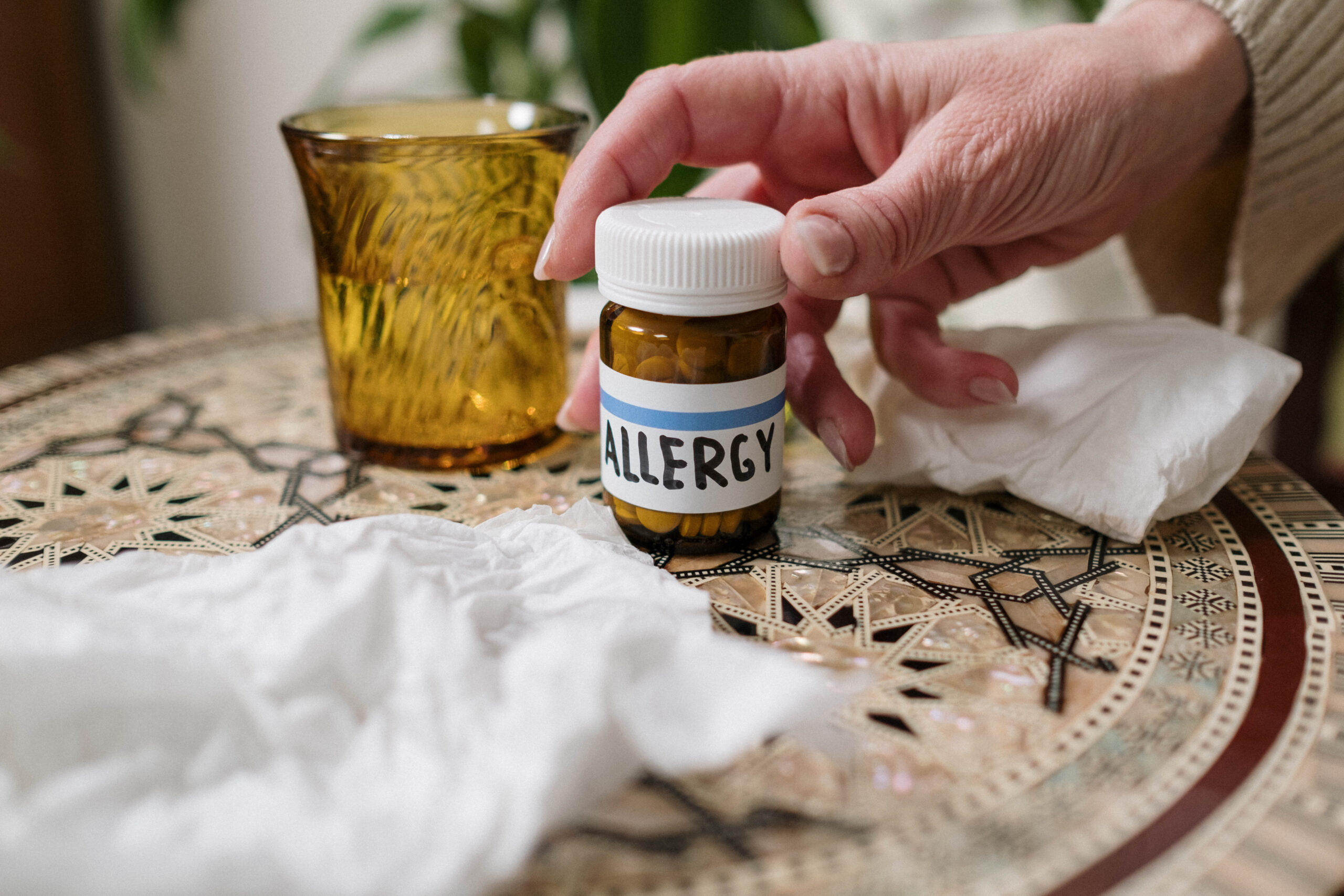What is a cockroach allergy?
Title: What is a Cockroach Allergy?
Introduction:When we think about allergies, we often think of common triggers such as pollen, pet dander, or certain foods. However, allergies can be caused by various factors, including insects. In particular, cockroaches are known to trigger allergies in some individuals. In this blog post, we will explore what a cockroach allergy is, its symptoms, and how to manage and prevent it.
Understanding Cockroach Allergies:A cockroach allergy occurs when the immune system reacts abnormally to specific substances found in cockroach saliva, droppings, and decomposing body parts. The main allergen responsible for triggering these allergies is known as “Bla g 1.” When exposed to this allergen, sensitive individuals may experience an overreaction of their immune system, resulting in allergic symptoms.
Symptoms of Cockroach Allergies:The symptoms of a cockroach allergy can vary from person to person, but commonly include:
1. Upper respiratory symptoms: These may include nasal congestion, sneezing, runny nose, and itching in the nose and throat.2. Asthma symptoms: Individuals with asthma may experience wheezing, coughing, chest tightness, and shortness of breath.3. Skin reactions: Some people may develop skin rashes, hives, or eczema upon exposure to cockroach allergens.4. Eye irritation: Red, itchy, and watery eyes are also common symptoms.
Managing Cockroach Allergies:If you suspect you have a cockroach allergy, it is important to consult with a healthcare professional for an accurate diagnosis. They may conduct a skin prick test or blood test to determine your specific allergens. Once diagnosed, you can take steps to manage and minimize your exposure to cockroach allergens:
1. Keep your home clean: Regularly clean your living space, vacuum carpets, mop floors, and eliminate any potential cockroach hiding spots.2. Use cockroach traps and baits: Consider using traps or baits designed to capture or exterminate cockroaches, but make sure to keep them out of reach of children and pets.3. Minimize food and water sources: Keep your kitchen clean and avoid leaving food out, as cockroaches are attracted to crumbs and spills.4. Seal cracks and crevices: Repair any cracks or openings in walls, doors, and windows to prevent cockroaches from entering your home.5. Maintain good indoor ventilation: Proper ventilation can help reduce cockroach allergen levels in the air.6. Seek medical treatment: If your symptoms persist or worsen despite taking preventive measures, consult a healthcare professional. They may recommend medications such as antihistamines or prescribe specific allergy shots to control your symptoms.
Preventing Cockroach Allergies:Prevention is always better than cure. To minimize the risk of developing a cockroach allergy, consider the following preventive measures:
1. Maintain cleanliness: Regularly clean your home and remove clutter, as it provides hiding spots for cockroaches.2. Store food properly: Keep food in tightly sealed containers and clean up spills promptly.3. Seek professional pest control assistance: If you have an infestation, consult a professional exterminator to eliminate cockroaches effectively.4. Keep windows and doors sealed: Install window screens and door sweeps to prevent cockroaches from entering your home.
Conclusion:Cockroach allergies can significantly impact the quality of life for those affected. By understanding the symptoms, managing exposure, and taking preventive measures, individuals can effectively minimize the risk of developing or exacerbating cockroach allergies. If you suspect you have a cockroach allergy, seek medical advice for proper diagnosis and guidance on managing your symptoms. Remember, a clean and well-maintained home is the key to keeping these unwanted pests at bay and ensuring a healthier living environment.



